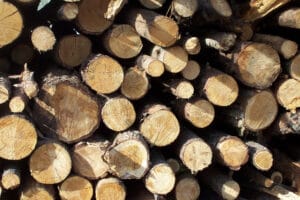The UK has ambitious targets for providing heat from renewable sources, a large proportion of which is expected to be met from biomass combustion. Following concerns about air pollutants released from wood stoves being so damaging to human health as to be a major concern, Devon County Council commissioned the Centre for Energy and the Environment, Exeter University, to undertake a review into the air quality impacts from domestic wood burning.
The review considers research on the health impacts of biomass related pollutants (principally particulate matter and Nitrogen Dioxide), the air quality and emissions data on which the health impacts are based, and the proportion of the pollutants that are likely to be attributable to wood burning.
Key Findings:
- While the impacts on health of Nitrogen Dioxide and particulate matter are not in doubt, the scale of the effects is subject to considerable uncertainty and the reporting can be misleading.
- There is currently insufficient evidence to suggest that wood burning is of such significance to human health that specific policies should be developed in Devon to regulate or control it.
- Currently, no targets in Devon are being breached, and levels of atmospheric pollutants in the UK, including particulate matter and Nitrogen Dioxide, are falling.
- We should continue to promote best practices for burning wood to reduce emissions of these pollutants.
If you use a wood-burning stove or open fire you can minimise the amount of fuel burned and smoke created by following the advice and videos from the Guild of Master Chimney Sweeps about fuel selection, lighting and managing the fire.
Continuing Updates
In December 2020 an article published in Atmosphere found indoor wood burners can triple harmful indoor air pollution, depending on a range of use factors. Refuelling faster, less and ensuring wood is well seasoned can reduce the harmful air pollution.
